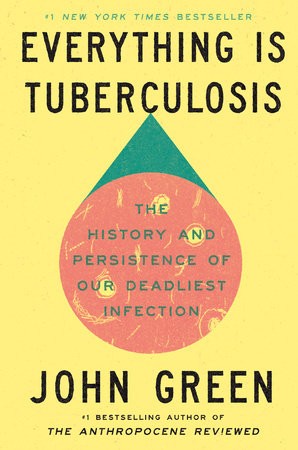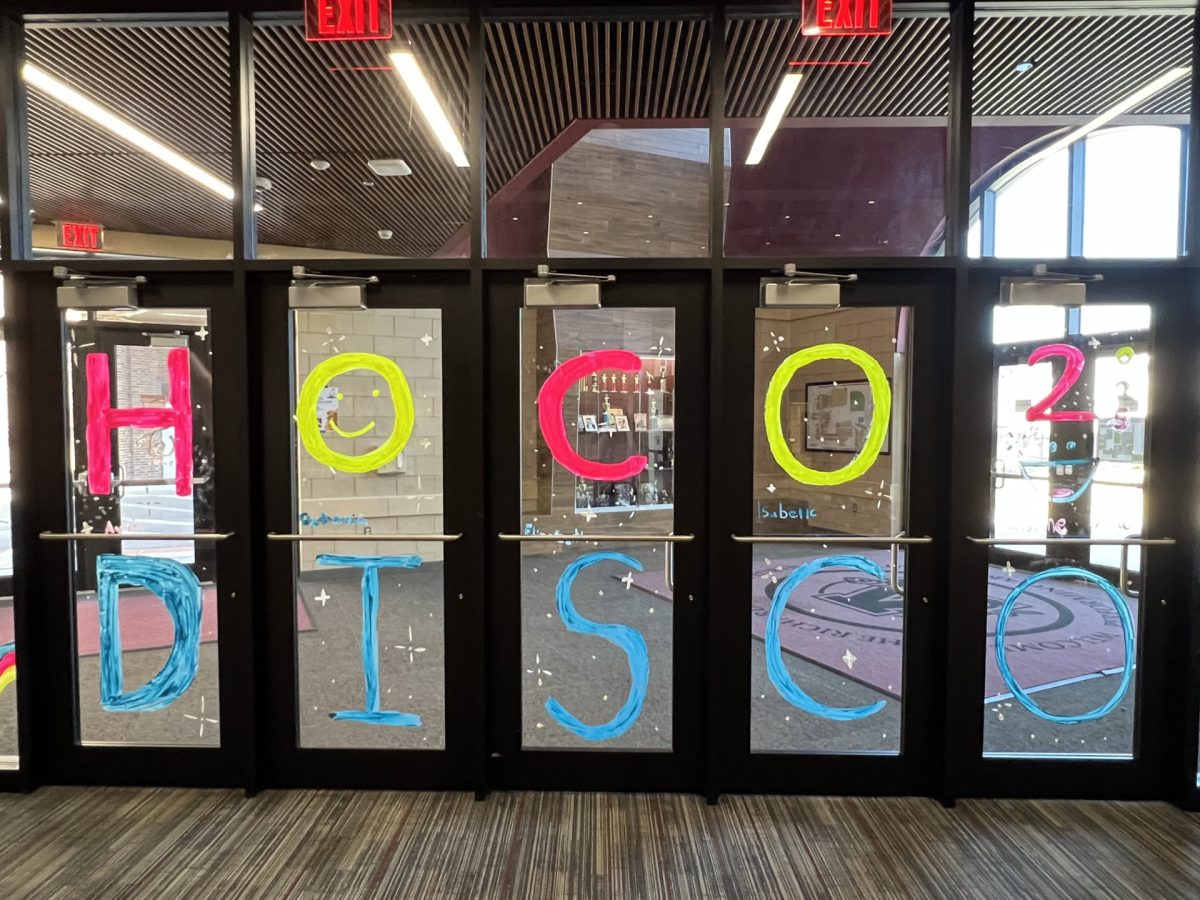Watching Reruns: The Key to Happiness
September 28, 2020
Amidst the Covid-19 pandemic, some people have had a surplus of vacant time on their hands. But in this free time, what is making so many people binge old episodes of “SpongeBob” and “Friends?” What’s behind the increased popularity of reruns? Besides pure boredom, there are a few reasons that have come to light in this time of crisis to explain this phenomenon.
One of the most relatable reasons behind reverting back to old shows would be the thread of nostalgia. Nostalgia allows for one to go “back in time” to reassess old memories and feelings. Psychologist and author of “Heaven and Hell: The Psychology of Emotions,” Neel Burton claims that, “Nostalgia can lend us much-needed context, perspective and direction, reminding and reassuring us that our life is not as banal as it may seem. It also tells us that there have been ― and will once again be ― meaningful moments and experiences.”
Nostalgia is a powerful feeling that consoles us during times of loneliness and fear. Watching old episodes plays on this emotion, giving people a distraction from the present and allowing them to get lost in the happiness and feelings of the past. Our brains allow for us to connect with fictional characters the way we would with real life people. When people repeat older episodes it’s like they are “meeting up with their friends, catching up with the gossip and having new adventures.”
Watching the same shows again and again can also be attributed to an initial attraction to the content. Once we decide we really like the show or movie, we review it. And we continue to do this due to phenomenons that Levy and Russel describe as “reconstructive consumption” and the “mere exposure effect.” These theories explain that once content is viewed, people will watch it again noticing more insignificant details simply to remind themselves what happened. They also account for the fact that the more we watch or listen to content, the more we like it and grow attached to it.
While these all contribute to the admiration of reruns, there is also a deeper psychological reasoning. The pandemic has caused anxiety across the globe, and just like people suffering from diagnosed anxiety disorders, many people have copied a common coping mechanism and ran with it. A symptom of anxiety is often re-watching shows. There is a certain comfort in already knowing the ending of a show. You can be prepared for any heartbreak along the way while basking in the storylines and characters that you feel safe with. According to a study done by Cristel Antonia Russel and Sidney Levy, watching old content can offer a sort of “emotional regulation.” Watching new films or shows can be exciting, but with something new comes the opportunity for disappointment. This idea is why anxious people everywhere revert to things they know well, reruns, and why many people are doing it now.
Ultimately, Burton resolves that it is perfectly fine to have a binge session of reruns, He explains that watching old shows can be a healthy coping mechanism and make people more optimistic. So, following the advice of Dr. Burton, sit back, grab some popcorn, and enjoy watching your favorite classics.








